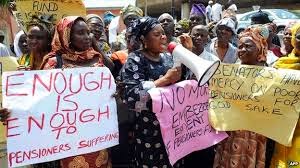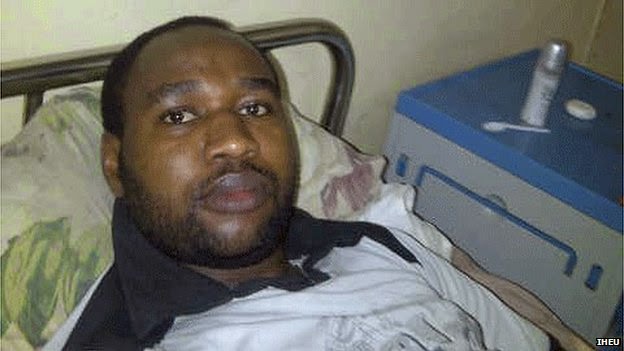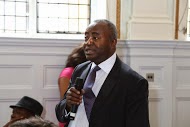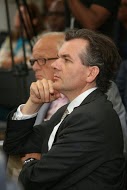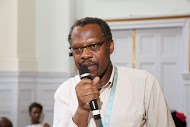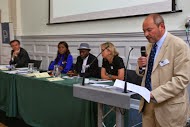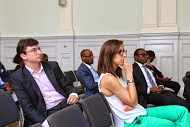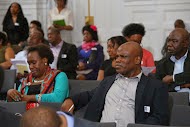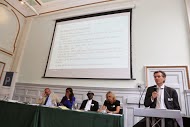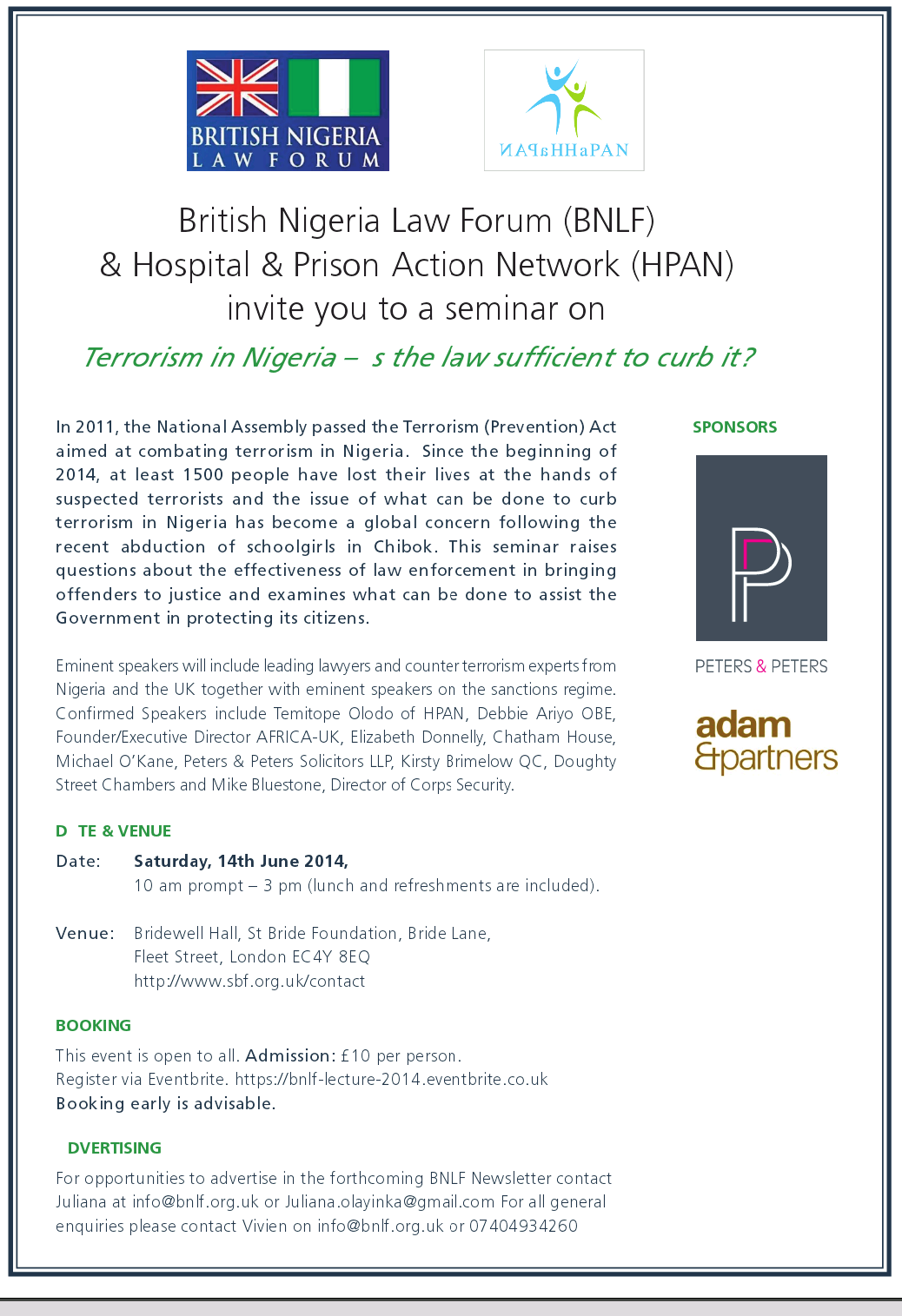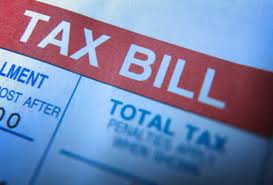
LEGAL HURDLES OF REGISTERING BUSINESS IN NIGERIA: TAX PERSPECTIVE
 |
| Credits: fearlessforlife.com |
and an economy which recently overtook South Africa to become the continent’s
largest economy following the recalculation of GDP and the world’s 26th largest
economy, the economy attracts foreign investors and local investments. An
entrepreneur plays an important role in economic growth and development and
there is an impressive rise in the number of self-employed individuals we have
in the country today, former American President – Ronald Reagan 1986 address to
the White House Conference on Small Business said, “the government’s view of
the economy could be summed up in a few short phrases: If it moves, tax it” as
the economy is moving its crystal clear the government will become stricter
with tax policies. Most entrepreneurs or intending entrepreneurs do not know
the basics of taxation have regards starting business in the country and will
be found wanting by the law.
Federal Board of Inland Revenue Department of the Ministry of Finance for
income tax and VAT.
who seeks registration for Income tax and VAT completes tax registration forms
for corporate income tax registration as well as VAT. The applicant submits an
application letter to the tax authority for a tax clearance certificate and,
for income tax purposes, registers at the integrated tax office. The
registration process requires submitting a completed tax office–issued
application (taxpayer registration input form, TRIF/2006/001 COYS) and the following
documents:
(copy)
Letter of appointment of a tax adviser and corresponding letter of
acceptance
major promoters and the chairman of the company, including their email
addresses
and the promoters of the company
officers of the company including the chairman, managing director, legal
adviser and accountant
submit the taxpayer registration input form in triplicate, and the original
certificate of incorporation must be presented for review by the controller.
Upon the completed taxpayer registration input form and all other documents
being received, a tax reference number is allocated. An application must be
filed for the tax clearance certificate; its issuance is not automatic.
clearance certificate:
incorporation: no cost will be incurred on this.
this will attract:
requests and NGN 25,000 for each subsequent year request, until the company
files a notice of commencement of business as per amendment to section 29 of
the Companies’ Income Tax Act No. 11 of 2007.
must file a set of audited accounts. TCC is issued based on tax paid for 3
years. If the position is at a loss, the TCC will be issued to reflect the
position.
complete the VAT registration form VAT Form 001, which is obtainable free of
charge from all FIRS offices and return it to the integrated tax office, which
will issue a taxpayer identification number . Companies required to register
for VAT must do so within 6 months from the date of starting business
operations. Since the registration for corporate income
tax and VAT are done in the same place; 1 Tax Identification Number (TIN) is
issued to companies for all federal taxes.
the State Tax Office
state tax authority for income tax withholding. Once the application is filed,
with a copy of the certificate of incorporation attached, a reference file is
opened for the company. It is safer to adhere to the law
than face its wrath, and adequate compliance to the tax authorities puts the
mind of an entrepreneur at rest.
Nathan(sogoakinola@gbc-law.com) is a young commercial lawyer at Gbenga Biobaku
and co. He specializes in Taxation, oil and gas law and intellectual property.
He is a graduate of obafemi awolowo university and the Nigerian law school
lagos campus. He is a member of the Nigerian bar association and a member of
the Young International Arbitration Group and also an intending associate
member of the Chartered Institute of Taxation of Nigeria.

